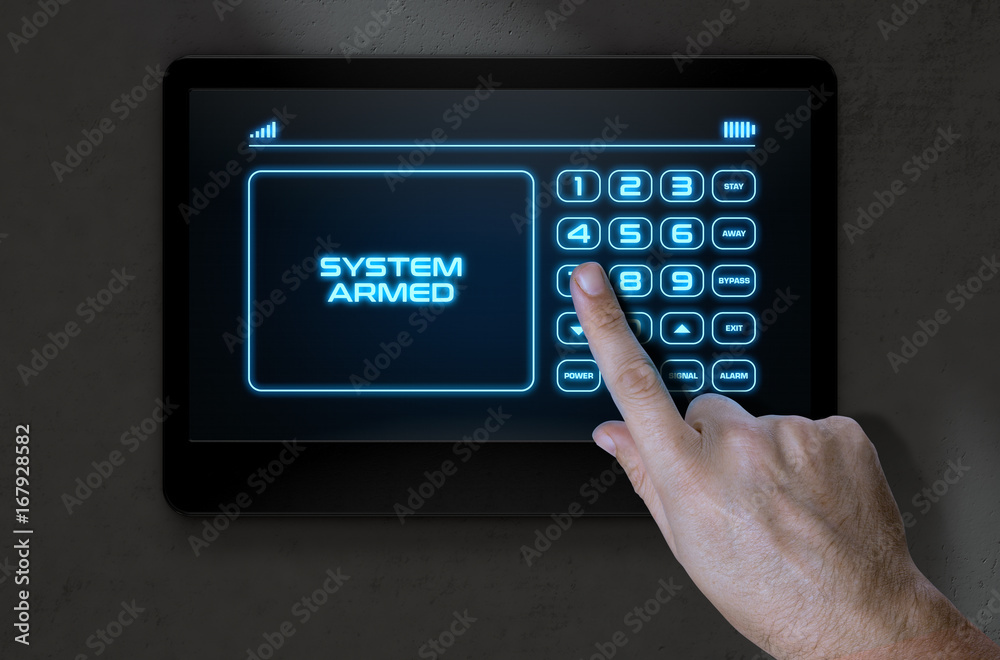Silence Your System: How to Prevent False Security Alarms

Stop False Alarms Before They Happen False alarms irritate you and inconvenience others. They startle household pets and annoy neighbors. False alarms also bother emergency services and the people they need to serve. Too many false alarms can even make a person not want to use their alarm system at all. Fortunately, there are ways to prevent your home security system or business security system from being triggered in a non-emergency. 1. Remember Your Codes Incorrect keypad codes cause many false alarms. To prevent this, always know your code. Make sure everyone in your home can remember it. For businesses, employees choose and use their own codes. If you change a code, ensure everyone who needs to know learns the new one. You can also keep a list of codes in a safe place in your house. 2. Secure All Doors and Windows Keeping doors and windows shut is a smart security process, but so is making sure they are closed before activating the security system. Before opening a window or door, make sure the alarm system is disarmed. You may also want to make sure that children aren’t throwing balls or hitting windows in rooms where the windows may have sensors. 3. Let Visitors Know the System is Armed If house guests visit, tell them if you arm the system. This stops them from opening doors or windows. If a guest stays with you, make sure they know how to arm and disarm the system. Also, remember to show your babysitter, dog walker, or anyone else who enters your home how to arm and disarm it, and what steps to take. 4. Remove Stray Objects from Around Motion Detectors Before you arm your system, check for objects near motion sensors. For example, a floor vent might sit below a curtain. If that curtain is in the sensor’s view, and your heat or AC turns on, it could move the curtain and trigger the alarm. Shorter curtains can fix this. Likewise, move any plants near sensors that are also close to floor vents. 5. Manage Pets You can choose pet-immune sensors or keep your pets in a certain area. If a pet walks in front of a sensor, they might trigger your alarm system. Pet-immune sensors ignore pets up to a certain weight. If you don’t have a good place to put your pet when the system is armed, pet-immune sensors might be exactly what you need. 6. Replace the System Batteries Regularly Your system will warn you when its batteries are weak. Checking these batteries prevents false alarms. The good news is, system batteries last a very long time before you need to replace them. 7. Watch the Weather Mother Nature can also set off your alarm. Electrical storms, strong winds, tornadoes, and hurricanes can create enough movement to trigger your system. If you see bad weather coming, you can disarm your system until the storm passes. Although this rarely causes a false alarm, it’s still good to remember. 8. Damaged Equipment While about 70 percent of false alarms come from user error, equipment can also get damaged. If that happens and your equipment isn’t working right, contact your security alarm company right away. They can check the status and replace the broken parts. 9. Use Your System Regularly The best way to prevent false alarms is to use your home security system every day. When everyone uses the system daily, they become comfortable with it, and this greatly reduces mistakes. As people get used to their system, they avoid problems. Furthermore, you can use the tips we discussed earlier to further reduce your chances of a false alarm. Contact Our Experienced New York Security Alarm Company At SPS Fire & Security, your safety is most important. We want you to feel safe in your home or business. To learn more about our affordable, modern security solutions, call us at 585-770-0348.

